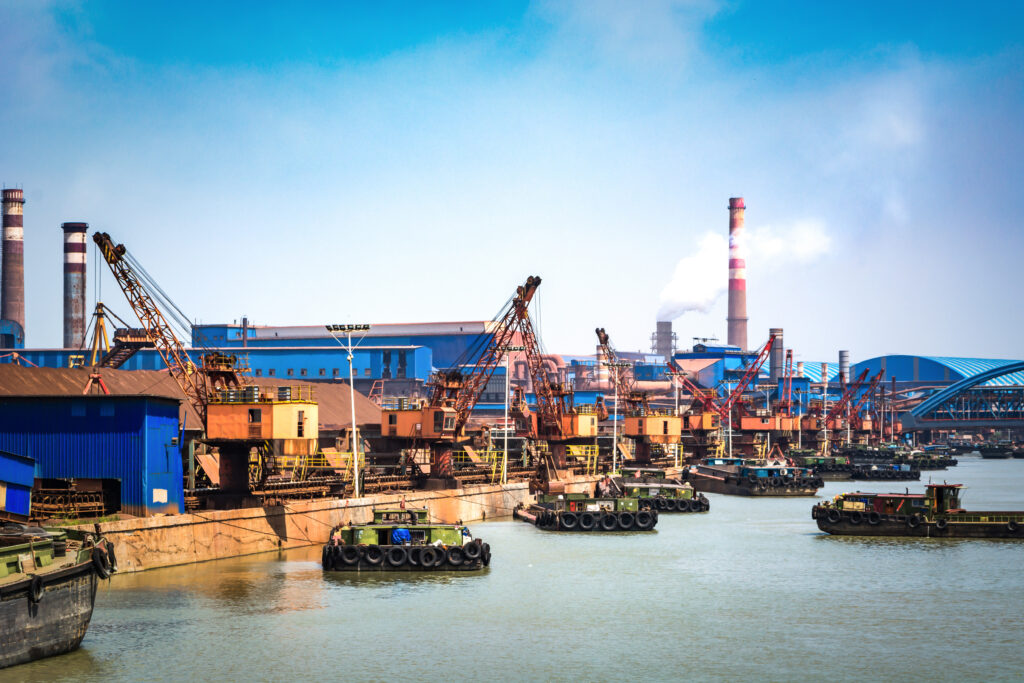Nigeria, the ninth-largest gas producer in the world, is sitting on a goldmine. But is the country making the most of its vast gas reserves? Let’s dive into the current state of Nigeria’s gas industry and explore the opportunities and challenges ahead.
The Good Stuff
– Nigeria has an estimated 202 trillion cubic feet of gas reserves, with the potential to increase electricity generation, reduce dependence on oil, and boost the economy.
– The country has made significant progress in gas production, with a 14% increase in 2022 alone.
– New projects, like the NLNG Train 7, are set to increase liquefied natural gas (LNG) production and reduce gas flaring.
Nigeria has made significant progress in recent years, with initiatives like the Petroleum Industry Act, the Nigerian Energy Transition Plan, and the Nigerian Gas Flare Commercialisation Programme. These policies have helped to prioritize gas development and utilization, and have attracted investment in the sector.
One of the most exciting developments is the Ajaokuta-Kaduna-Kano (AKK) Gas Pipeline, which is expected to enhance domestic gas utilization and support economic growth. Additionally, the Escravos-Lagos Pipeline System (ELPS) and the NLNG Train project are crucial infrastructure projects that will help drive the industry forward.
The Not-So-Good Stuff
– Gas flaring, a wasteful and harmful practice, still accounts for 11% of Nigeria’s total gas production. For decades, Nigeria has been burning off excess gas at oil production sites, contributing to environmental pollution and wasted resources. However, there are efforts underway to reduce flaring and capture the gas for productive use.
– Another challenge is infrastructure development. To fully utilize its gas reserves, Nigeria needs a robust network of pipelines and processing facilities. Investing in this infrastructure will not only enable domestic gas consumption but also open up opportunities for gas exports.
– Regulatory hurdles and funding gaps slow down new projects and investment.
On the bright side, there are also significant opportunities for growth. The Nigerian government has implemented policies to promote the development of the gas industry, including the establishment of the Nigerian Gas Company (NGC). The NGC is tasked with improving gas infrastructure and facilitating gas supply to various sectors of the economy.
The Future Looks Bright
– The Nigerian government has set ambitious targets to increase gas production and reduce flaring.
– New technologies and innovations, like gas-to-power and mini-LNG, offer exciting opportunities for growth.
– International partnerships and investment can help bridge the funding gap and drive progress.
The future of Nigeria’s gas industry looks promising. With the right investments and policies, the country can transform its gas reserves into a major economic driver. By reducing gas flaring, improving infrastructure, and attracting foreign investment, Nigeria can unlock the full potential of its natural gas resources.
Conclusion
Nigeria’s gas industry is a sleeping giant waiting to be awakened. The country has the resources and the potential to become a major player in the global energy market. By addressing the challenges and seizing opportunities, Nigeria can harness the power of gas to drive economic growth, create jobs, and improve the lives of its citizens.
The state of the gas industry in Nigeria is quite promising, with the government’s “Decade of Gas” initiative aiming to boost LPG and CNG production. However, there’s still a lot of work to be done to harness the country’s abundant natural gas resources and reduce reliance on exports.
However, there are still challenges to overcome, such as inadequate funding and security concerns. But with the government’s commitment to the “Decade of Gas” initiative, Nigeria is on the right track to unlocking the full potential of its gas resources and driving economic growth and industrialization.


